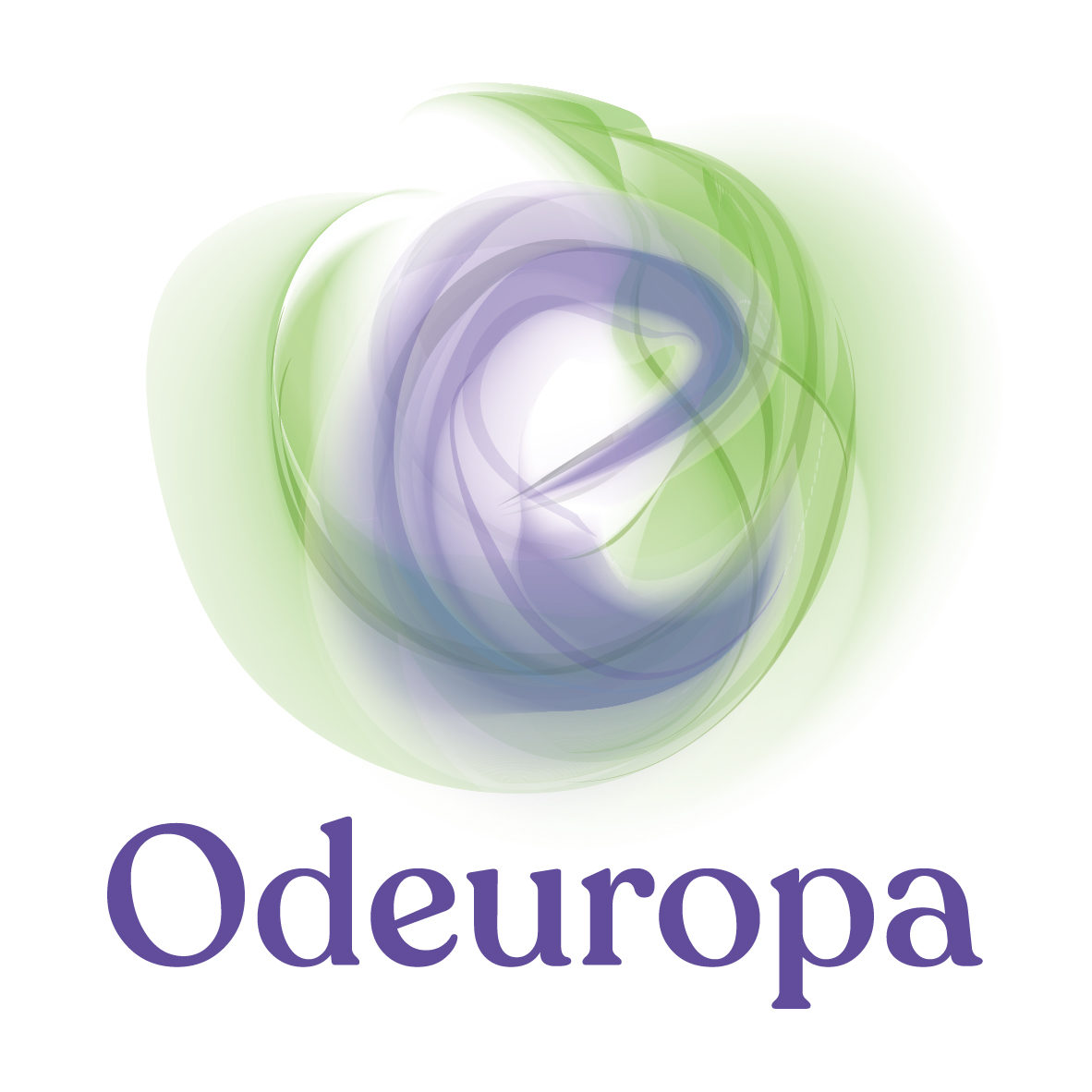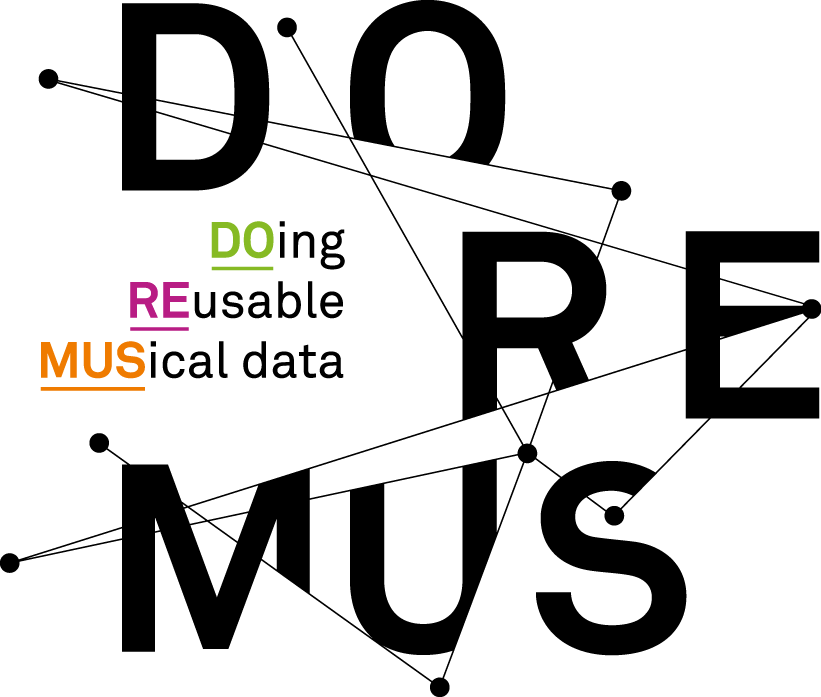Research Areas.
- Semantic Web & Knowledge Graphs
- Knowledge Engineering and Knowledge Representation
- Information Extraction
- Recommender Systems
Current Projects.
 Odeuropa EU H2020 (2021-2024)
Odeuropa EU H2020 (2021-2024)
Preserve the European Olfactory Heritage.
I work on Knowledge Graphs, data modeling and knowledge inference.
SITE
 Knowledge Flow ANR JCJC (2022-2024)
Knowledge Flow ANR JCJC (2022-2024)
Reconstruct the flow of information from text (NLP, Knowledge Graphs).
I am the scientific co-ordinator.
SITE
Past Projects.
ANTRACT: Analyse transdisciplinaire des actualités filmées FR ANR (2018-2022)
I work on web-based face recognition strategies on historical videos.
SITE
 SILKNOW FR EU H2020 (2018-2021)
SILKNOW FR EU H2020 (2018-2021)
Semantic Web applied to Silk Cultural Heritage.
I work on KG population and thesaurus realisation.
SITE
DATA
CODE
 DOREMUS: DOing REusable MUSical data. FR ANR (2014-2018)
DOREMUS: DOing REusable MUSical data. FR ANR (2014-2018)
Music data modeling, interconnection, exploration and recommendation.
I contributed in realising the biggest dataset about classical music metadata.
SITE
DATA
CODE
 MeMAD: Methods for Managing Audiovisual Data EU H2020 (2018-2021)
MeMAD: Methods for Managing Audiovisual Data EU H2020 (2018-2021)
I worked on web-based face recognition strategies on TV videos.
SITE
DATA
PhD Thesis.
Knowledge-based music recommendation: Models, algorithms and exploratory search
EURECOM /
Sorbonne University - Supervisor: Raphaël Troncy
Defended on 11 October 2019
PDF
SLIDES
Representing information about music is a complex activity that involves different sub-tasks.
This thesis mostly focuses on classical music, researching how to represent and exploit rich metadata. Our main goal is to investigate knowledge representation and discovery strategies applied to classical music, including research topics such as Knowledge-Base population, metadata prediction and recommender systems.
We first propose a complete workflow for the management of music metadata using Semantic Web technologies. We introduce a specialised ontology and a set of controlled vocabularies for the different concepts specific to music.
Then, we present an approach for converting data, in order to go beyond the librarian practice currently in use, relying on mapping rules and interlinking with controlled vocabularies.
Finally, we show how these data can be exploited. In particular, we study approaches based on embeddings computed on structured metadata, titles, and symbolic music for ranking and recommending music. Several demo applications have been realised for testing the previous approaches and resources